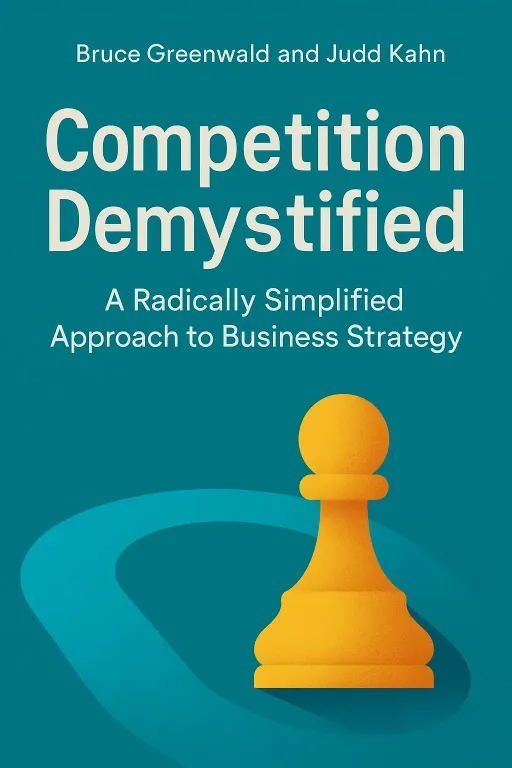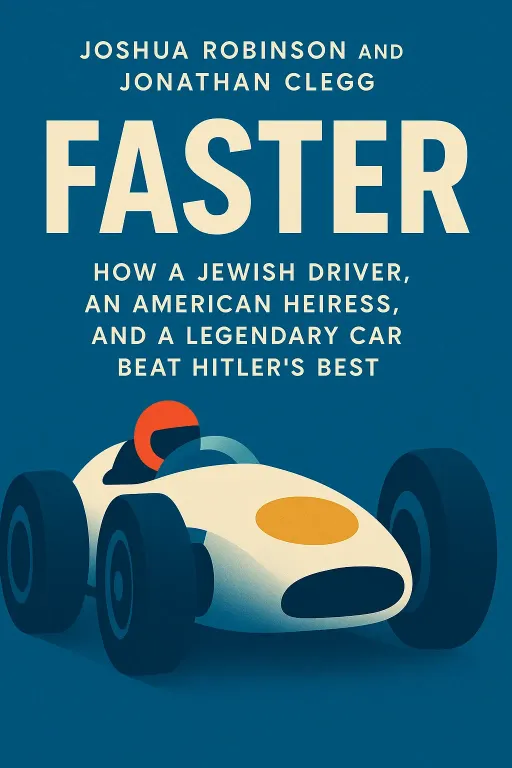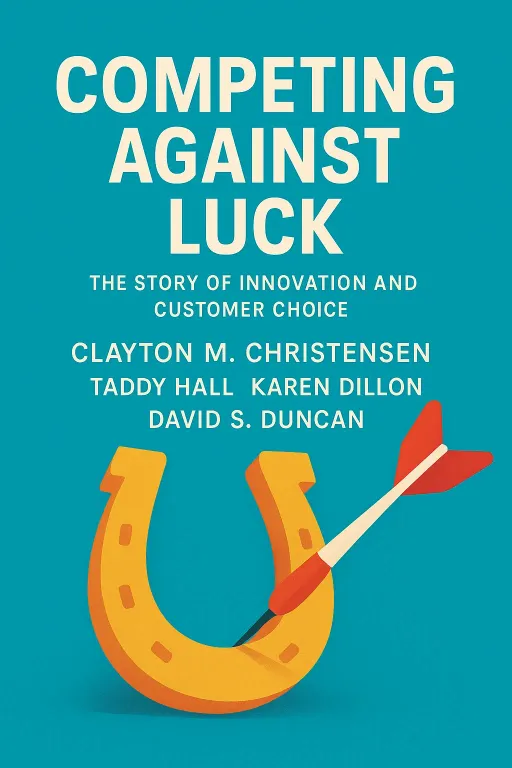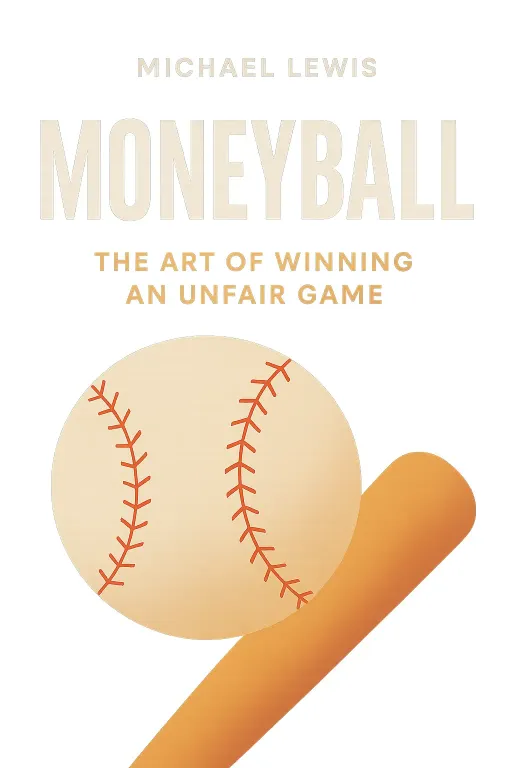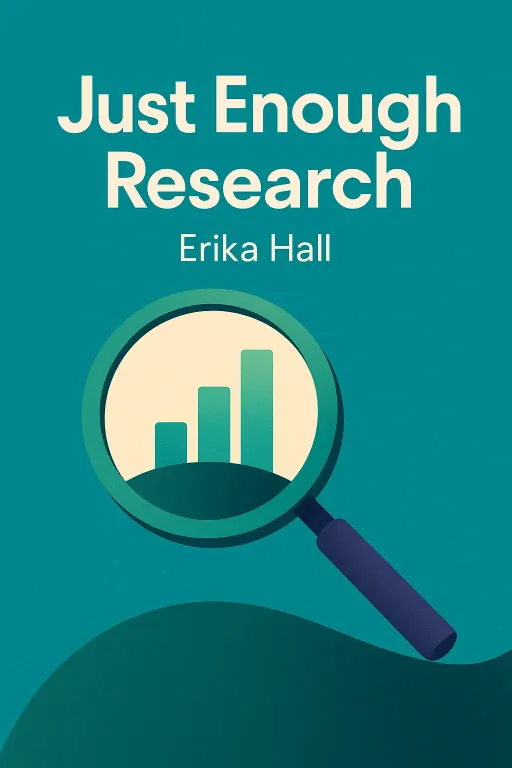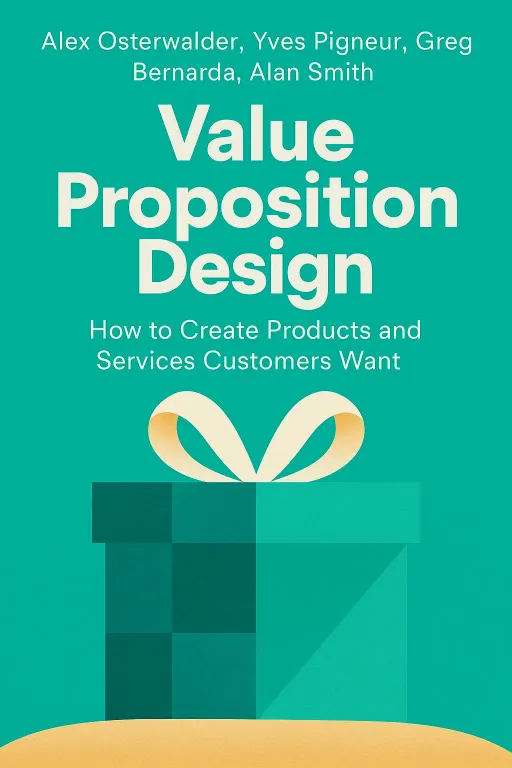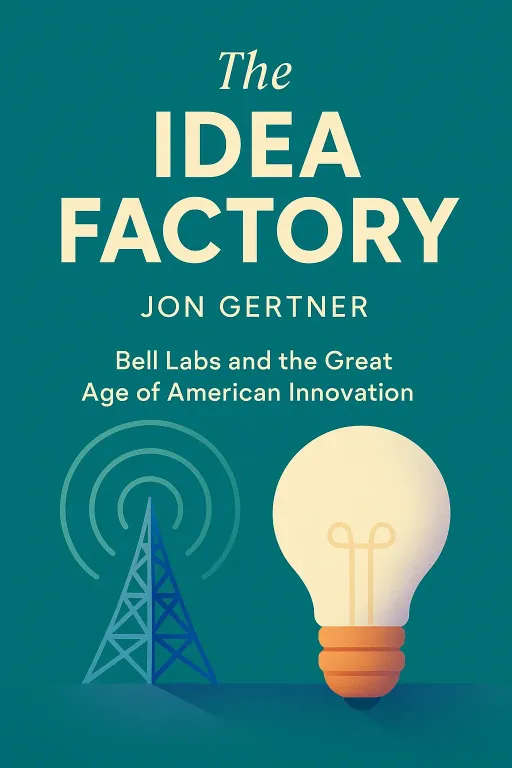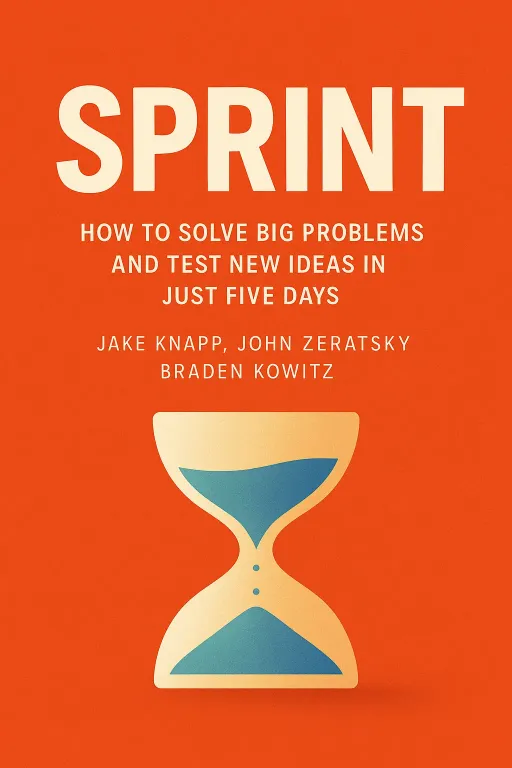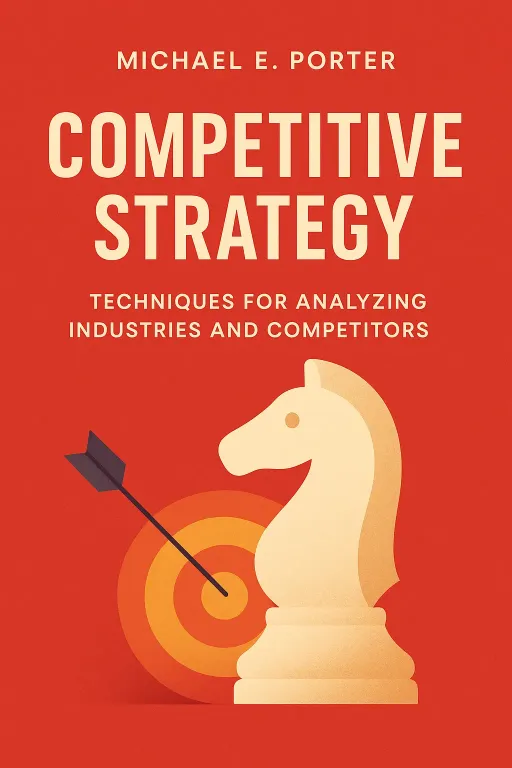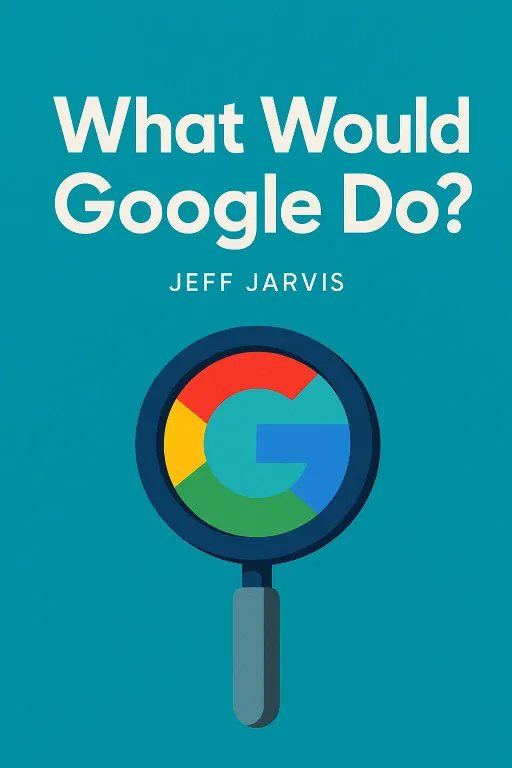
What Would Google Do?
10 minIntroduction
Narrator: What if a single, angry blog post could bring a multi-billion dollar corporation to its knees? In 2005, that's precisely what happened. When media executive Jeff Jarvis bought a new Dell laptop, it was a lemon. After enduring a torturous customer service experience, he did what any frustrated person in the new digital age would do: he wrote a blog post titled "Dell sucks." That post ignited a firestorm. Thousands of other disgruntled customers shared their own "Dell Hell" stories, the media took notice, and Dell's reputation and stock price plummeted. The company was forced to listen, engage, and ultimately, completely overhaul its customer relations. This event wasn't an anomaly; it was a sign of a fundamental power shift.
In his book, What Would Google Do?, author Jeff Jarvis uses this new reality as a starting point to decode the rules of the digital age. He argues that to survive and thrive, every organization—from newspapers and manufacturers to hospitals and governments—must stop thinking in old, industrial-age terms and start asking a simple but revolutionary question: What would Google do? The answer isn't about building search engines, but about reverse-engineering Google's success to adopt a new worldview built on openness, networks, and customer empowerment.
Cede Control or Become Obsolete
Key Insight 1
Narrator: The first and most critical rule of the Google age is to give people control. As Jarvis puts it, "Give the people control and we will use it. Don’t, and you will lose us." The internet has fundamentally inverted the power dynamic between institutions and individuals. The "Dell Hell" saga serves as the ultimate cautionary tale. Initially, Dell ignored the growing chorus of angry bloggers, viewing them as a nuisance. But the conversation was happening with or without them. The company only began to recover when it stopped defending its old ways and started ceding control.
Dell's CEO, Michael Dell, eventually embraced this new reality. The company launched a blog to engage directly with critics, created the "IdeaStorm" website to solicit customer suggestions, and invested $150 million to fix its support systems. Dell learned a vital lesson: your worst customer is your best friend. The people complaining are providing free, invaluable feedback on how to improve. By listening and collaborating, Dell transformed its most vocal critics into partners and advocates. This principle is not about weakness, but about recognizing that in a networked world, control is an illusion. True strength lies in trusting your customers and empowering them to help you build a better business.
The Link Is the New King
Key Insight 2
Narrator: In the old world, value was in content. Media companies, for instance, built walls around their articles and shows. In the Google age, value lies in the link. The internet is not a collection of destinations; it is a network of connections. Jarvis’s core mantra for this new reality is, "Do what you do best and link to the rest." This forces specialization and collaboration over monolithic control.
Google itself is the master of this principle. It doesn't create most of the web's content; it organizes it through links. It builds platforms that enable others to create value. A perfect example is Google Maps. Google could have kept its mapping service as a closed, proprietary product. Instead, it opened its maps via an API, allowing anyone to embed them and build new applications on top of them. This decision spawned an entire ecosystem of "mashups." Developers created tools for everything from tracking crime statistics in a city to mapping out local pizzerias. Google didn't have to invent these ideas; it simply provided the platform and got out of the way. In return, Google Maps became the undisputed standard, and all the activity on these mashups sent valuable data and traffic back to Google. This demonstrates a core Google rule: if you’re not a platform, you risk becoming a commodity.
Publicness Is the New Default
Key Insight 3
Narrator: In the Google age, life is public, and so is business. The expectation is no longer privacy, but transparency. If you’re not searchable, you effectively don’t exist. This shift requires a new ethic of "publicness." A prime example of this is the photo-sharing site Flickr. When it launched, other photo services defaulted to private, assuming users wanted to hide their personal pictures. Flickr’s founders, Caterina Fake and Stewart Butterfield, made a revolutionary choice: they defaulted to public.
This simple decision transformed the service from a photo storage utility into a vibrant community. Because photos were public, users began commenting on each other's work, tagging photos to make them discoverable, and forming groups around shared interests. This public activity created what Jarvis calls "Googlejuice"—a virtuous cycle of links, clicks, and attention that made the best content bubble to the top. This ethic of publicness extends to how organizations handle mistakes. When bloggers discovered a Reuters photographer had doctored a photo from Beirut, Reuters immediately pulled the image, fired the photographer, and publicly thanked the bloggers for their vigilance. Their credibility was enhanced, not diminished. In a transparent world, honesty and openness are not just virtues; they are winning business strategies.
The Economy of Abundance
Key Insight 4
Narrator: Traditional economics is built on scarcity. The Google economy, however, is built on abundance. The internet has made content, products, and choice nearly infinite. This kills the mass market and gives rise to what Jarvis calls the "mass of niches." Instead of a few blockbuster hits, there are millions of niche interests, and Google’s business is to serve them all.
This new reality means that "free" has become a viable business model. Author Paulo Coelho discovered this when a pirated Russian translation of his novel The Alchemist appeared online. Instead of his sales plummeting, they skyrocketed from 1,000 to over a million copies in three years. The free digital version acted as the best possible advertisement for the physical book. Coelho began "pirating" his own books, posting free versions on his website. He understood that in an economy of abundance, obscurity is a far greater threat than piracy. By giving his work away, he built a relationship with a massive global audience, who then became paying customers. This demonstrates that when you can reach a large enough audience, you can always find a way to generate revenue, often through indirect means like advertising, premium services, or, in Coelho's case, physical book sales.
Redefine Your Business Before It's Disrupted
Key Insight 5
Narrator: One of the most dangerous traps for a successful company is its own success. Jarvis warns businesses to "beware the cash cow in the coal mine"—the profitable product that blinds you to the necessity of change. The most tragic example of this is Kodak. The company that invented the digital camera failed to embrace it, because it was too invested in its film business—its "atoms." Kodak saw itself as being in the film and chemical business, not the "memories" business. If it had understood its true purpose, it might have bought Flickr and dominated the next wave of photography. Instead, it defined itself by its physical product and was rendered obsolete.
To avoid this fate, companies must constantly ask what business they are truly in. Is a car company in the business of manufacturing steel boxes, or is it in the business of transportation? Is a newspaper in the business of printing on dead trees, or is it in the business of informing a community? Google understands this. It gives away its search engine for free because it knows it's not in the search business; it's in the advertising and data business. This requires a willingness to disrupt oneself and a culture that encourages innovation, like Google’s famous "20 percent time," where engineers are encouraged to work on their own passion projects.
Conclusion
Narrator: The central message of What Would Google Do? is that Google's rules are not about technology; they are about a new philosophy of business and society. The book's most important takeaway is the imperative to shift from a mindset of control to one of trust, from a world of scarcity to one of abundance, and from closed systems to open platforms. It’s a call to see customers not as a mass market to be sold to, but as a community to be collaborated with.
The book’s most challenging idea is its demand that we actively work to destroy our own most successful models before someone else does. It asks us to look at our most profitable product, our most established process, and have the courage to ask: What would Google do? The answer may be terrifying, but in an age of constant disruption, failing to ask the question is the only true path to failure.
